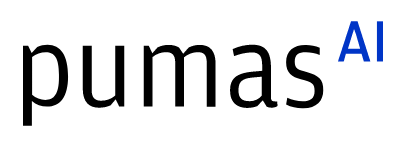Benchmarking Nonlinear Optimization with AC Optimal Power Flow
Abstract:
This work discusses some of the requirements for deploying non-convex nonlinear optimization methods to solve large-scale problems in practice. AC Optimal Power Flow is proposed as a proxy-application for testing the viability of nonlinear optimization frameworks for solving such problems. The current performance of several Julia frameworks for nonlinear optimization is evaluated using a standard benchmark library for AC Optimal Power Flow.
Description:
The AC Optimal Power Flow problem (AC-OPF) is one of the most foundational optimization problems that arises in the design and operations of power networks. Mathematically the AC-OPF is a large-scale, sparse, non-convex nonlinear continuous optimization problem. In practice AC-OPF is most often solved to local optimality conditions using interior point methods. This project proposes AC-OPF as proxy-application for testing the viability of different nonlinear optimization frameworks, as performant solutions to AC-OPF has proven to be a necessary (but not always sufficient) condition for solving a wide range of industrial network optimization tasks.
Objectives
- Communicate the technical requirements for solving real-world continuous non-convex mathematical optimization problems.
- Highlight scalability requirements for the problem sizes that occur in practice.
- Provide a consistent implementation for solving AC-OPF in different nonlinear optimization frameworks.
AC-OPF Implementations
This work adopts the mathematical model and data format that is used in the IEEE PES benchmark library for AC-OPF, PGLib-OPF. The Julia package PowerModels is used for parsing the problem data files and making standard data transformations.
The implementations of the AC-OPF problem in various Julia NonLinear Programming (NLP) frameworks are available in Rosetta-OPF project, which currently includes implementations in JuMP, NLPModels, Nonconvex, Optim and Optimization. This work reports on the solution quality and runtime of solving the PGLib-OPF datasets with each of these NLP frameworks.
Platinum sponsors



Gold sponsors


Silver sponsors








Media partners



Community partners


Fiscal Sponsor
